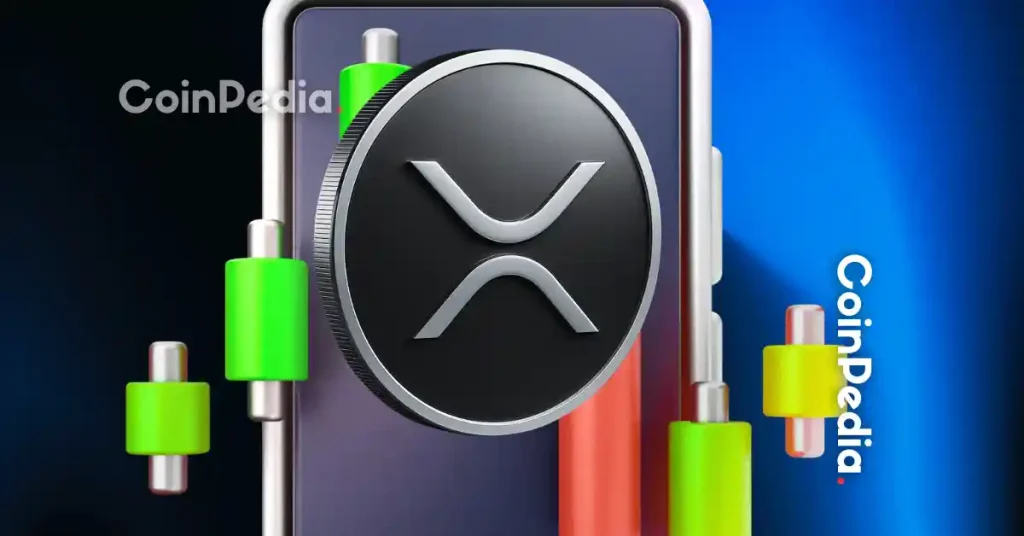
From expectations for possibilities to realizing real value
On the 20th, Ripple Inc. announced the results of a global survey on blockchain payment systems conducted jointly with the Fast Payments Council (FPC). 77% of payment industry leaders surveyed said the use of blockchain technology in payments would be beneficial.
The second annual survey included founders, CEOs, and technology leaders of payments companies from across North America, South America, Asia, Europe, and Africa, spanning a wide range of sectors including retail, banking, fintech, and consumer technology. More than 100 people participated.
The first survey revealed that leaders have high expectations for the potential of blockchain and crypto asset (virtual currency) technology to realize faster payments. The report concludes that “this idea has materialized into real values.''
The report found that 77% of leaders say using blockchain for payments is beneficial to their organization's end customers. More than 60% said the same applies to customers who use cryptocurrencies for payments.
Specifically, they include improved transparency in payment processing (58%), faster payment completion and settlement times (56%), reduced international payment costs (55%), and reduced domestic payment costs (53%). They answered that it is effective in terms of.
Furthermore, the benefits of using blockchain technology include improved customer experience (60%) and increased competitiveness through higher profit margins (44%). It was also found that this technology is not only seen as a way to improve business efficiency, but also as a means of growth, including expanding the customer base (28%) and improving customer retention (26%).
connection:Ripple acquires US virtual currency custody company, expands licenses
Promising use case
The report explores the use cases industry leaders have in mind. In the case of domestic payments, it was found that 40% of companies that have already tested virtual currencies are considering B2B (business-to-business).
Among companies that have already introduced payment systems that use virtual currencies, 37% use them for B2B. 20% of companies testing or deploying support P2P use.
We found that companies considering implementing blockchain payment systems within the next year have the highest expectations for B2B usage.
Among companies testing or using blockchain, not just cryptocurrencies, P2P and A2A (direct account-to-account payments) gained as much support as B2B use cases.
For international payments, B2B is the most popular use case, accounting for more than a third of all use cases. Meanwhile, among companies that are actually using blockchain, P2P and B2B are equally supported at 26% each.
connection:XRP price/chart | Explanation of future prospects and how to buy
Concerns about virtual currency
While the survey found widespread support for the use of blockchain and cryptocurrencies in the payments sector, there are concerns.
64% of respondents cited lack of regulatory clarity as a barrier to using cryptocurrencies for payments. Also cited were price volatility (57%) and lack of recruitment in the industry (48%).
59% of responding businesses allow or are considering allowing their customers to pay with cryptocurrencies, while 28% do not. The latter concern was found to be due to antipathy toward virtual currencies and low risk tolerance.
Overall, 81% of respondents are aware of the environmental impact of blockchain technology, and 60% consider it important to reduce electricity consumption. 53% of respondents were aware of the differences in computing power and power usage between proof of work (PoW) and proof of stake (PoS).
Ripple special feature
The post Ripple joint research on the practical benefits of blockchain as perceived by the payment industry appeared first on Our Bitcoin News.

 1 year ago
74
1 year ago
74














 English (US) ·
English (US) ·